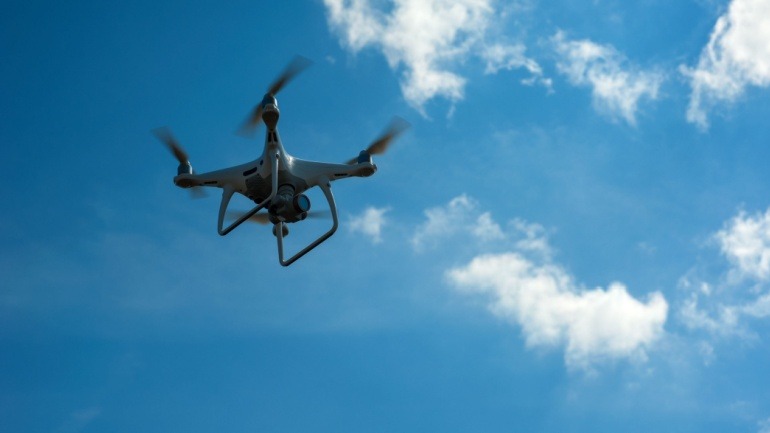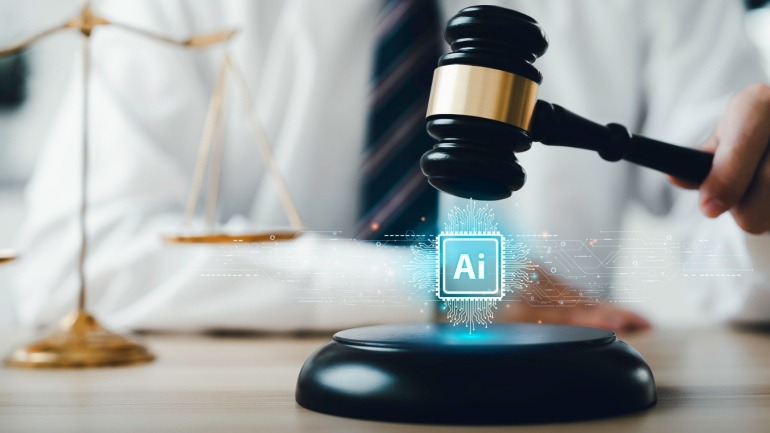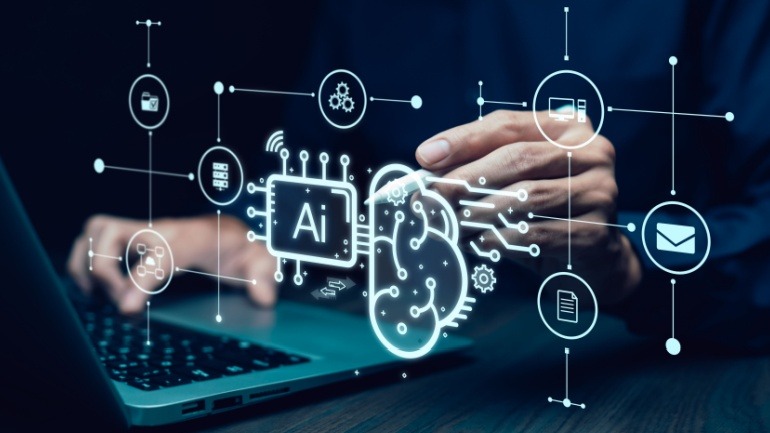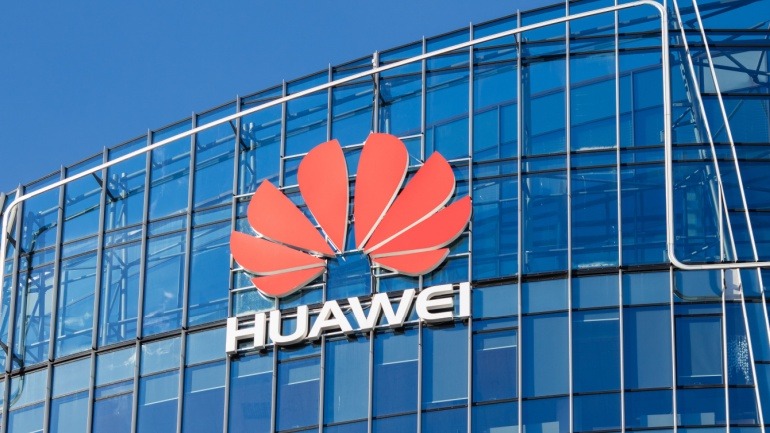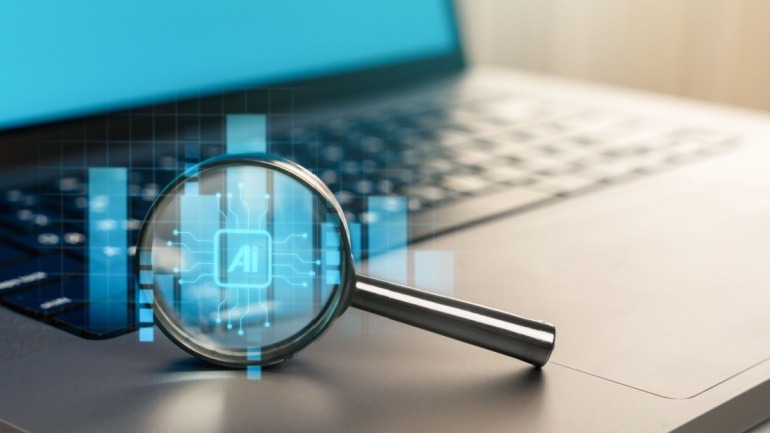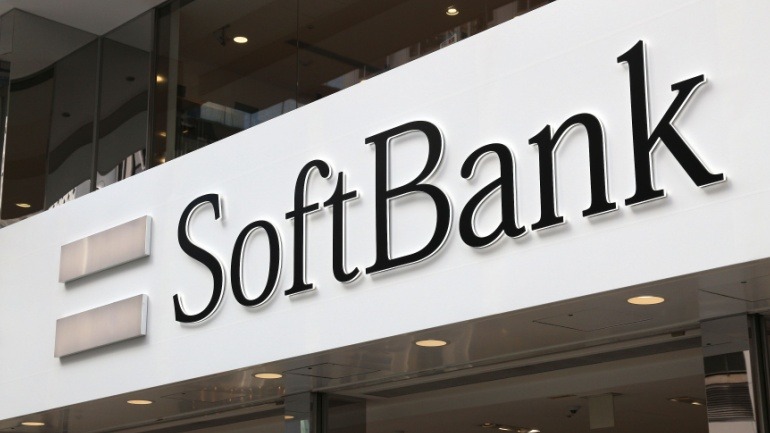Vodafone teamed up with Manna to test how mobile networks can support long-range drone deliveries. While Manna already operates successfully in Ireland and abroad, this collaboration aims to tackle air safety and regulatory hurdles for broader rollout.
Major European firms, including Airbus and BNP Paribas, are urging the EU to delay the AI Act, warning that its complexity could hinder innovation and global competitiveness. While supporting regulation, they call for simpler rules to ensure Europe maintains its AI leadership.
Ooredoo’s innovative AI cloud service in Qatar harnesses advanced Nvidia Hopper GPUs, bolstering sectors such as energy, finance, and healthcare. This cutting-edge development, aligned with Qatar’s Digital Agenda 2030, provides high-performance AI infrastructure locally, ensuring fast, secure data handling.
In a critical legal setback for Huawei, a US judge has denied the company’s attempt to dismiss the majority of charges brought by US authorities. These charges involve serious allegations, including defrauding US financial institutions and breaching sanctions with Iran and North Korea.
Oracle has unveiled a $30 billion annual deal with OpenAI, fueling a major expansion in global data centers. With soaring demand and massive investment, Oracle expects rapid growth in cloud infrastructure, aiming to become a global leader in cloud services.
Alibaba Cloud is accelerating its global expansion with new data centers in Malaysia and the Philippines and a $52.7 billion investment in infrastructure. The launch of its AI Global Competency Center in Singapore highlights its push to train talent and deploy AI across industries.
Nokia’s Enscryb platform is set to revolutionize the energy sector by leveraging digital twin technology. Through partnerships with energy leaders like NODES and Smartecon, Enscryb enhances energy flexibility, integrates renewable data, and supports sustainability goals.
Oracle’s exponential growth in the MultiCloud sector underscores its ambition to lead the cloud services industry. CEO Safra Catz’s confidence is backed by a 70% projected surge in Oracle Cloud Infrastructure revenues.
SoftBank aims to spearhead the artificial super intelligence era, highlights CEO Masayoshi Son. With strategic partnerships involving OpenAI and Arm, SoftBank envisions establishing a global AI platform akin to the dominance seen in tech giants like Microsoft.
Orange Business has unveiled its new Defense & Security Division, affirming its dedication to sovereignty in defense and homeland security. This aligns with its “Lead the Future” strategy, targeting strategic verticals with sovereignty implications.



